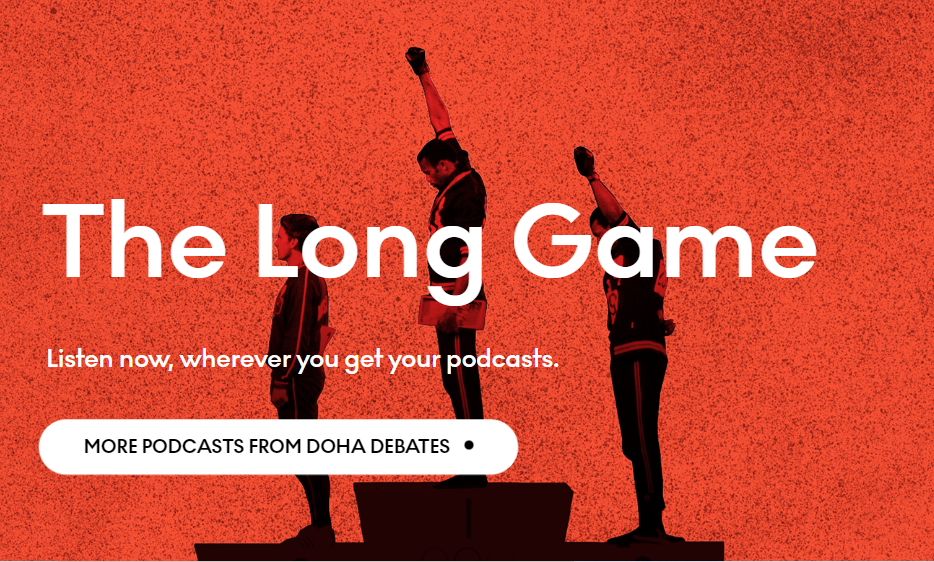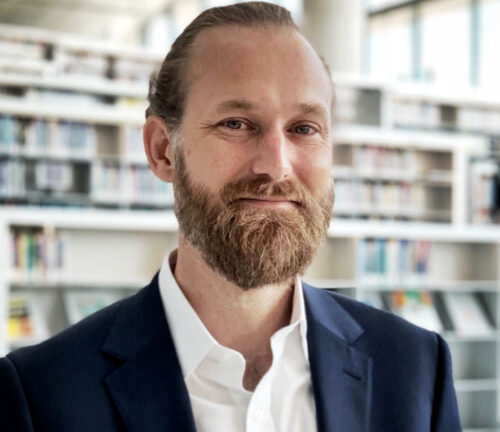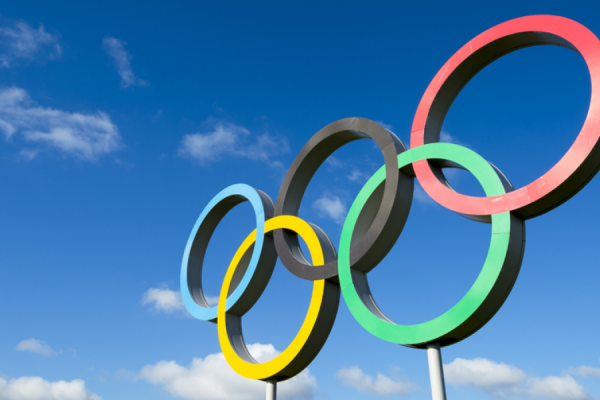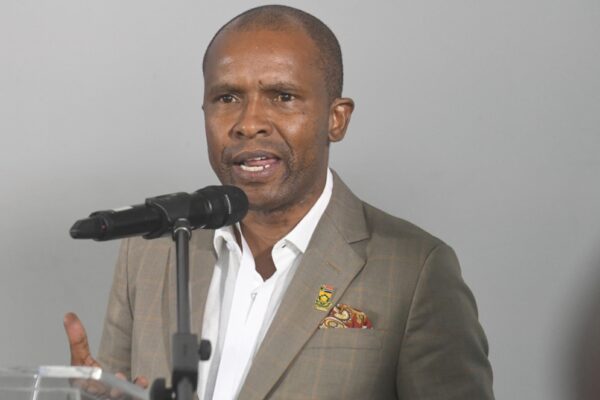Japhet Weeks is the director of innovation at Doha Debates and also serves as co-executive producer of “The Long Game,” a sports-focused podcast that brings inspiring stories of top athletes around the world.
Before joining Doha Debates, Weeks worked as an international video journalist for over a decade. In that role, he reported from Egypt, Russia, Ukraine, Georgia, Libya, Jordan, China, Japan, and Mexico. He also worked as a freelance senior producer for The New York Times. The Playknox spoke with Weeks to find out more about the “The Long Game”.
Why do you think sports is such an attractive vertical for “Doha Debates”?
At Doha Debates, we create content and programming to help young people bridge divides, resolve differences, and tackle global problems—we do this through films, town halls, debates, podcasts and more. Because the World Cup is being held in Doha this year, we knew we wanted to create a podcast that addressed important issues in the world of sports.
Some of these topics include discussions on how to reduce the gender pay gap, whether athletes with naturally high occurring levels of testosterone like Ugandan runner Annet Negesa, should be allowed to compete, or if mega sporting events can lead to real change in their host countries.
We also wanted to highlight the work of athletes off the field creating a positive impact. We feature women athletes fighting to change the way women are perceived and treated in their home countries such as Afghan judoka Friba Rezayee, Palestinian footballer Honey Thaljieh and Jordanian taekwondo champion Lina Khalifeh.
We hope that our show offers sports fans a glimpse into another side of the athletes they may already know for their professional accomplishments, and that non-sports fans will be drawn to the stories because they are timely, compelling, and impactful.
Why/how sports are in the spotlight more than ever with the World Cup coming up? Why do listeners in the MENA region connect to stories like those told in “The Long Game” about athletes overcoming obstacles, and what are some of the untold stories we should pay more attention to — especially about athletes from often overlooked and impoverished regions like Palestine, Afghanistan, Pakistan and Syria?
I definitely think that Doha in particular is very focused on sports these days in the lead-up to the World Cup. And that’s one of the main reasons Doha Debates wanted to focus one of our podcasts on sports. But also, we understand that athletes have a huge impact on their fans and the world, and we wanted to talk about important topics through a lens that seemed more approachable and familiar to people.
For example, we wanted to talk about Islamophobia in the UK, but rather than talking about Brexit or other stories that have already been widely covered, we chose to focus on the impact that footballer Mohamed Salah has had by playing for Liverpool. It’s a story that uses sports as an entry point into much more complex issues, and that’s the kind of thing we love to do at The Long Game—to spark a conversation with your friends and family after you’ve listened to an episode.
And yes, we’ve definitely tried to focus on highlighting stories of athletes from countries in the MENA region, including Afghanistan, Syria, Palestine, and Jordan. We have an episode this season about a Rohingya soccer team in Australia, and we plan to release an episode later this season that focuses on Iran.
We’ve also featured hijabi athletes like basketball player Batouly Camara. This is an issue that hits particularly close to home with our podcast’s host, Ibtihaj Muhammad, who was the first American Muslim to compete in the Olympics wearing a hijab.

How their participation in sports has made a huge difference in their home countries and helping advance women’s rights and more?
Women’s rights have been a central theme of many episodes in The Long Game. That’s in part because it’s an issue that’s very important to our host, Ibtihaj Muhammad, but also because women’s education is very important to the Qatar Foundation (which Doha Debates is a production of).
This season, we talked to Lina Khalifeh, a taekwondo champion from Jordan, who started a self-defense school for women. SheFighter has trained more than 25,000 women in 35 countries. So, as you can see, these athletes have gone beyond their own careers and success and helped empower others.
Are you also discussing more sensitive/controversial issues around sports?
I think we’ve touched on a lot of really interesting and important topics, like intersex athletes who have naturally high levels of testerone and unequal pay in sports, which leads players like Brittney Griner, who is detained in Russia, to sometimes put their lives at risk to make as much as their male counterparts.
In our first season, we discussed tough issues around the legacy of mega sporting events like the World Cup and addressed what Qatar has done to improve its labor laws in response to hosting the games. And we’ve talked about bullying and racism. But we always try to keep the tone positive and solutions-focused so that you finish the episode thinking about what we can do to bridge our differences.







